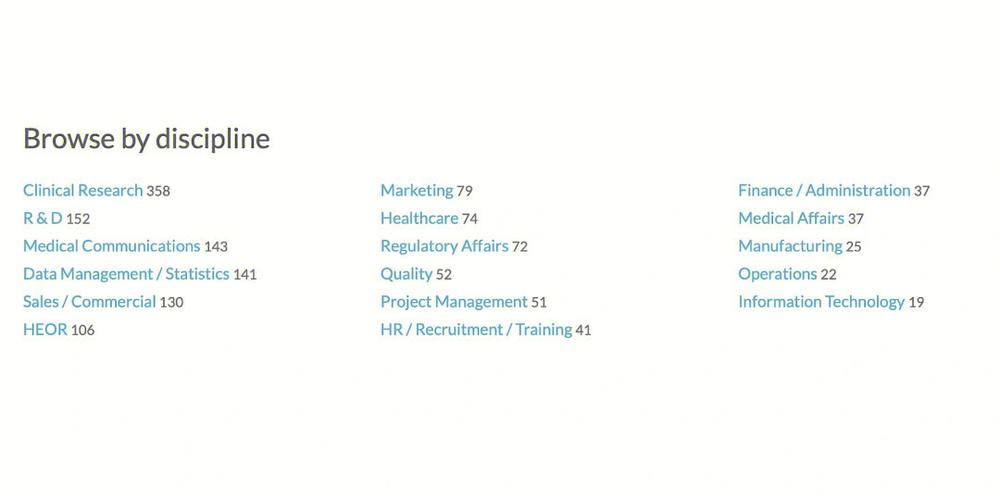Understanding the Role of a Regulatory Affairs Clinical Research Associate (RA-CRO)
Are you considering a career in the pharmaceutical industry? Do you have a passion for ensuring the safety and efficacy of new drugs? If so, a Regulatory Affairs Clinical Research Associate (RA-CRO) might be the perfect role for you. In this detailed guide, we will delve into the various aspects of this crucial position, helping you understand what it entails and how it contributes to the drug development process.
What is a Regulatory Affairs Clinical Research Associate (RA-CRO)?
A Regulatory Affairs Clinical Research Associate (RA-CRO) is a professional who plays a vital role in the drug development process. They work closely with clinical research teams, regulatory authorities, and other stakeholders to ensure that clinical trials are conducted in compliance with regulatory requirements. Their primary responsibility is to ensure that the data collected during clinical trials is accurate, complete, and submitted to regulatory authorities in a timely manner.

Duties and Responsibilities
Here are some of the key duties and responsibilities of an RA-CRO:
-
Overseeing the regulatory compliance of clinical trials
-
Collaborating with clinical research teams to develop and implement regulatory strategies
-
Reviewing and interpreting regulatory guidelines and requirements

-
Assisting in the preparation and submission of regulatory documents
-
Monitoring and ensuring the accuracy of clinical trial data
-
Communicating with regulatory authorities and other stakeholders
Skills and Qualifications
Successful RA-CROs possess a unique combination of technical, regulatory, and interpersonal skills. Here are some of the essential qualifications:
-
Education: A degree in a relevant field such as biology, chemistry, or healthcare administration
-
Experience: Prior experience in clinical research or regulatory affairs is highly beneficial
-
Knowledge: Strong understanding of regulatory guidelines and requirements
-
Communication: Excellent written and verbal communication skills
-
Organizational: Ability to manage multiple tasks and meet deadlines
Regulatory Affairs: A Brief Overview
Regulatory affairs is a specialized field within the pharmaceutical industry that focuses on ensuring that products, such as drugs and medical devices, comply with the regulations set by government authorities. These regulations are designed to protect public health and safety. Regulatory affairs professionals work to ensure that their organizations adhere to these regulations throughout the product lifecycle, from research and development to marketing and distribution.
The Drug Development Process
The drug development process is a complex and lengthy journey that involves several stages. An RA-CRO plays a crucial role in several of these stages:
-
Phase I: Investigating the safety and efficacy of a drug in a small group of healthy volunteers
-
Phase II: Testing the drug in a larger group of patients to further evaluate its safety and efficacy
-
Phase III: Conducting large-scale studies to confirm the drug’s safety and efficacy
-
Phase IV: Post-marketing surveillance to monitor the drug’s performance in the real-world setting
The Impact of RA-CROs on Drug Development
RA-CROs have a significant impact on the drug development process. Their expertise in regulatory compliance ensures that clinical trials are conducted ethically and in accordance with the law. This, in turn, helps to speed up the approval process and bring new drugs to market more quickly. Additionally, RA-CROs help to minimize the risk of regulatory sanctions and fines, which can be costly for pharmaceutical companies.
Challenges and Opportunities
While the role of an RA-CRO is rewarding, it also comes with its own set of challenges and opportunities:
-
Challenges:
-
Staying up-to-date with constantly changing regulations
-
Managing tight deadlines and competing priorities
-
Dealing with complex and sometimes conflicting information
-
-
Opportunities:
-
Working in a
-












